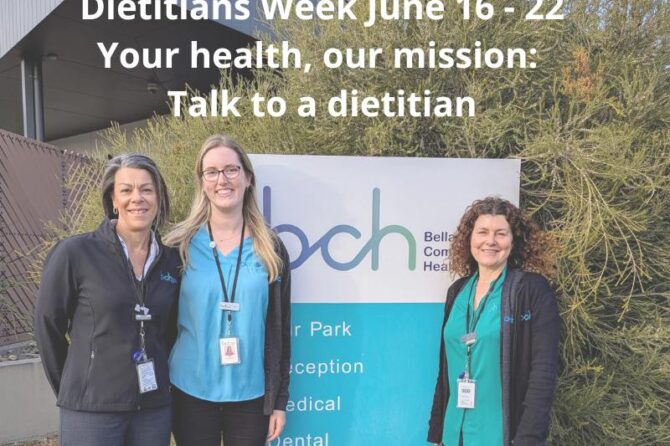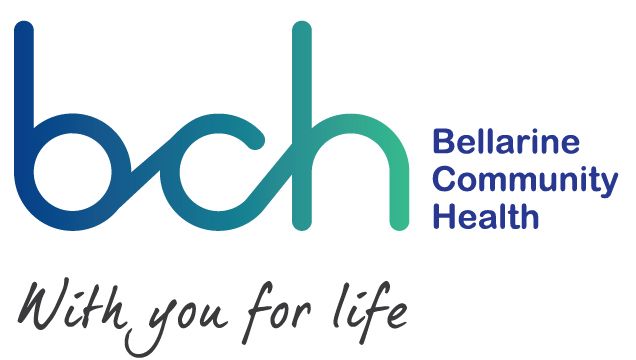
Dietitians Week – Your Health, Our Mission, Talk to a Dietitian
Dietitians Week from June 16 – 22 celebrates the essential role that Accredited Practising Dietitians play in enhancing people’s health and improving lives across Australia.
This national initiative shines a spotlight on the profound impact dietitians have – not only in guiding individuals toward better nutrition, but in shaping healthier communities and advancing public well-being.
Here’s how a Dietitian can work with you if you are in the perimenopause stage of life.
Perimenopause is a time of body change with many women experiencing fatigue, foggy head, hot flushes, night sweats, insomnia, mood changes, loss of lean muscle, gain of fat and changes to cholesterol, blood glucose, insulin and bone loss.
Perimenopause can be likened to a puzzle that has many pieces that need to be considered for feeling better daily and long-term better health outcomes.
Puzzle pieces:
- Diet (to mitigate decline in oestrogen AND support long term health)
- Exercise
- HRT/MHT
- Counselling
- Complementary therapy
Meal patterns that have shown to be beneficial include a Mediterranean diet, Japanese diet, plant focused diet, DASH (dietary approaches to stop Hypertension). The common theme to these diets is they are plant based and based on whole foods.
Top nutrients:
Phytoestrogens (found in whole soy products: soybeans, tofu, tempeh, soy milk, soy yoghurt, ground linseeds/flaxseeds. Research has shown that 10 grams of ground flaxseeds reduce perimenopause symptoms.
Protein (to prevent loss of muscle mass, and to include twice weekly weight resistance training): include minimum of 1.2 grams of protein per kg of body weight ie 80g protein per day spread over 3 meals (25g protein each meal). There are some challenges with breakfast for vegans or people who do intermittent fasting or are on certain medications (GLP1)
Calcium (loss of bone mass over perimenopause and menopause can potentially be 20%). One in two postmenopausal women will have osteoporosis, and most of these will have a fracture. If your are under 50 years of age you require 1000mg calcium per day (3 serves of dairy) if you are over 50 years, the requirement is 1300mg calcium per day (4 serves of dairy). Remember to check your Vitamin D levels as it supports calcium absorption.
Low Glycemic Index (GI) carbohydrates (lowers blood glucose rise after meals which increases with age). Examples include wholegrain bread, rolled oats, muesli, most fruits, legumes, sweet potato, milk, yoghurt, grain dry biscuits, pasta, basmati rice.
Magnesium (optimal levels have shown to counteract some symptoms, support sleep, blood sugars, headaches, muscle aches, anxiety, bone health and constipation. Magnesium is found in a wide range of foods, but richest sources include milk, wholegrain cereals and bread, meat, nuts, bananas and green leafy vegetables. A variety of supplements are available if needed.
Omega 3 fatty acids (2g/day has been shown to reduce hot flushes, depression, bone health, joints). Aim for oily fish (salmon/mackeral/sardines) twice a week.
Creatinine (benefit for muscle maintenance): promising research has shown benefits with 3g/day of creatinine supplements. However, if needed, increase dose gradually, as some people can experience side effects (bloating/fluid retention).
- A chat with a Dietitian can include:
- Reviewing your current eating habits and identifying where there are gaps (variety, regularity, quantity)
- Addressing any blood test results
- Discussing changes in body composition and food strategies to assist
- Practical tips for lowered energy
- Food and mood
Click HERE to learn more about how BCH Dietitians can support you. You can also learn more about Accredited Practising Dietitians HERE.
Leave a reply

Leave a reply